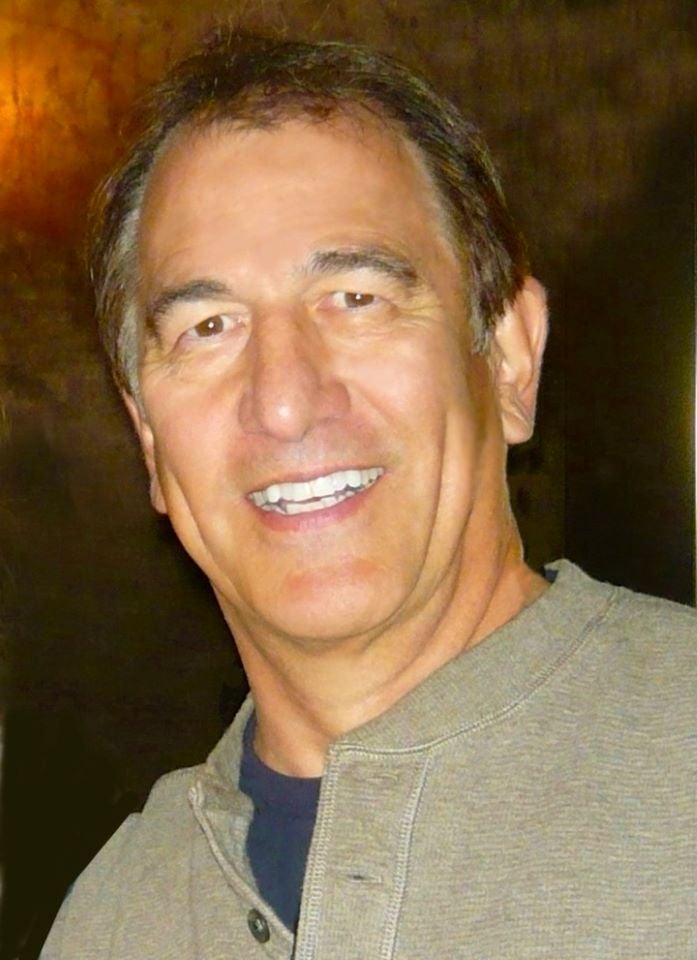DAVID A. AGUILAR is an internationally recognized naturalist/astronomer, author and space artist who has written and illustrated twelve award-winning children’s books on astronomy for National Geographic/Disney, Smithsonian and Penguin Random House. He is the 2018 recipient of the National Science Teachers Association Outstanding Science Trade Book Award and New York Public Library’s “Top Pick - Best Books for Kids and Teens”; the Junior Library Guild Award, Garden State Book Award for BEST Science Book, the California Reading Association Eureka! Award, and Texas Topaz Outstanding Science Book Award.
He is former Director of Science Information at the Harvard-Smithsonian Center for Astrophysics (CfA) in Cambridge, MA. He is the past Director of Media & Marketing Communications for Ball Aerospace and Technologies Corporation in Boulder, Colorado and past Director of the Fiske Planetarium and Science Center at the University of Colorado in Boulder. After 14 years with Harvard CfA, he joined NASA’s New Horizons Mission Media Team for the historic Flyby of Pluto and re-joined the team again in 2018-19 for the Ultima Thule Kuiper Belt (KBO) Flyby to the farthest object ever explored in our solar system.
Past onscreen credits include narrator, content developer and space artist for the History Channel’s “UNIVERSE” series; the Science Channel’s “NASA Unexplained Files” and NHK (Japanese National Television Corporation) COSMIC FRONT series; and a featured narrator in the award-winning documentary “A Brush with the Future” on Chesley Bonestell, the revered founding father of space artistry.
His artwork is currently on display at “La Casemate” Grenoble, FR science center, and has been featured by NASA/JPL, Smithsonian, BBC, Weather Channel, ABC Nightly News, CBS, CNN, NY Times, USA Today, National Geographic, Sky & Telescope, Astronomy Magazine, Scientific American, Nature, TIME, US News & World Report, space.com, and NASA’s Astronomy Picture of the Day.
In 2024 he joined Salve Regina’s “Circle of Scholars” speaker series and joins URI’s Osher Lifelong Learning Institute for Fall 2025. In 2010 Asteroid “1990DA” was named in honor of his exceptional contributions to the advancement of science education. For more, visit www.aspenskies.com
